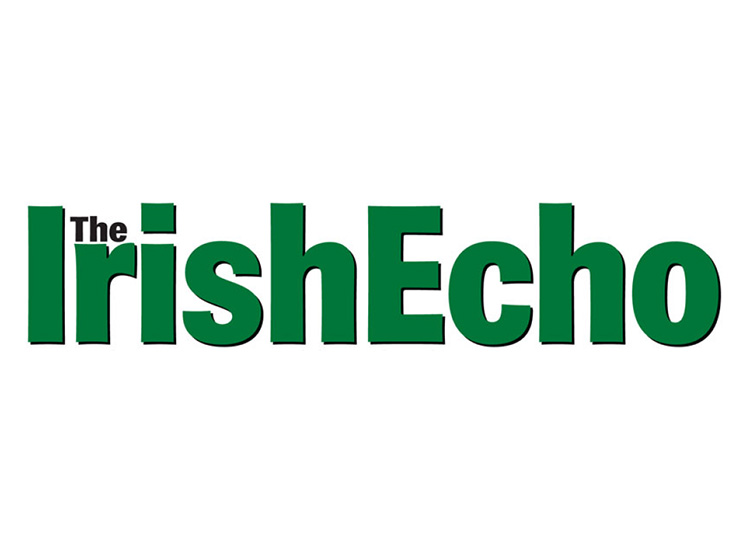[caption id="attachment_67841" align="aligncenter" width="600" caption="Minister Michael Noonan."]
There will be no significant tax increases in next month's budget but Irish taxpayers will be getting less for the taxes they already pay as the government makes plans for deep spending cuts.
If the budget could be described in dental terms, this one will be anything but cosmetic and more on the lines of combined root canal and extraction.
Overall, the government, with finance minister Michael Noonan to the fore, is planning to extract €3.8 billion from the national economy in the 2012 budget.
The Irish Times reported that the €3.8 billion for 2012 will be followed by amounts of €3.5 billion in 2013, €3.1 billion in 2014 and €2 billion in 2015, this according to newly published medium-term fiscal consolidation plan which covers the 2012 to 2015 period.
"It is also designed to show how the government intends to reach its deficit target of three percent of Gross Domestic Product by 2015 as set out in the terms of the EU/IMF/ECB €67.5 billion bailout loans," the Times added while noting that the Fine Gael-led government had committed to no "substantial" increase in income taxes in budget 2012.
Against the backdrop of the looming budget, Minister Noonan said that Ireland would seek to reduce its debts by between €15 billion and €20 billion through negotiations with European partners.
Noonan's comments came a day after the government paid back €700 million to unsecured bondholders in the now nationalized Anglo Irish Bank, a move that sparked a walkout from the Dáil by Sinn Féin and independent opposition TDs.
The reductions would be achieved by tapping into the European Financial Stability Facility, or bailout fund.
Meanwhile, Tánaiste Eamon Gilmore has described as "unacceptable" a €3.6 billion accounting error that led to a 2.3 percent rise in the government's apparent general debt.
It emerged last week that actual government debt was €3.6 billion less than was previously thought owing to an "accounting error." The sum was apparently "double counted" by two government agencies, it was initially reported by TV3 News.
The mistake was unearthed during an examination of the classification of the state's assets and liabilities,
"The €3.6 billion had been advanced by the National Treasury Management Agency last year to another, unnamed state agency and was debited by both agencies in their financial reconciliations," TV3 reported.
In reference to the blunder, Mr. Gilmore told the Dáil that "all safeguards will be investigated to ensure it is never repeated."
The government indicated that the discovery of the double count would have no impact on its overall budget plan.
Separately, Gilmore has defended the government's line in the sand position that Ireland will not be seeking to default on any of its eurozone debts.
Gilmore said Ireland does not want to be in an austerity program for the next 10 years and that the country will hopefully return to the markets within the next two years. Such an objective would be difficult to achieve if Ireland did not repay its debts.
"We don't want to be in a situation that we are in recession for the next 10 or 15 years. "If we go down the Greek route, that is the consequence of that. What we want to do is get out of recession, get economic growth back into our country, get back into the markets, pay our way and recover our economic sovereignty," the Irish Examiner reported Gilmore as saying.
Finance minister Noonan back up his cabinet colleague.
He said Greece would remain in a bailout program for the next 10 years, while Ireland could be out in two, with the economy growing again.
"Could you imagine the situation in Ireland if we went to the electorate and said you have another 16 years of this and you have declining growth rates and severe austerity measures. To say that Greece has done very well, that is like saying if the man down the road has gone bust and you say 'that's great I'll go bust as well, so that I won't have to pay my bills,' that's a wrong take."










